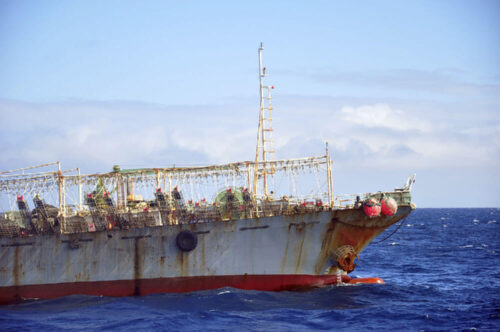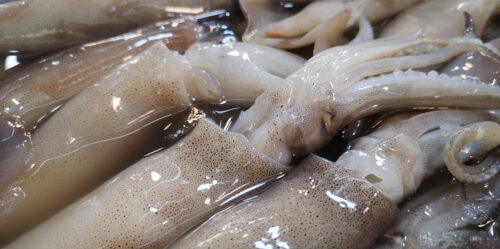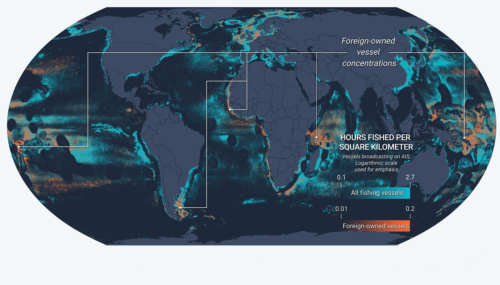Highly mobile fisheries present more possibilities for data-driven approach to inform regulation
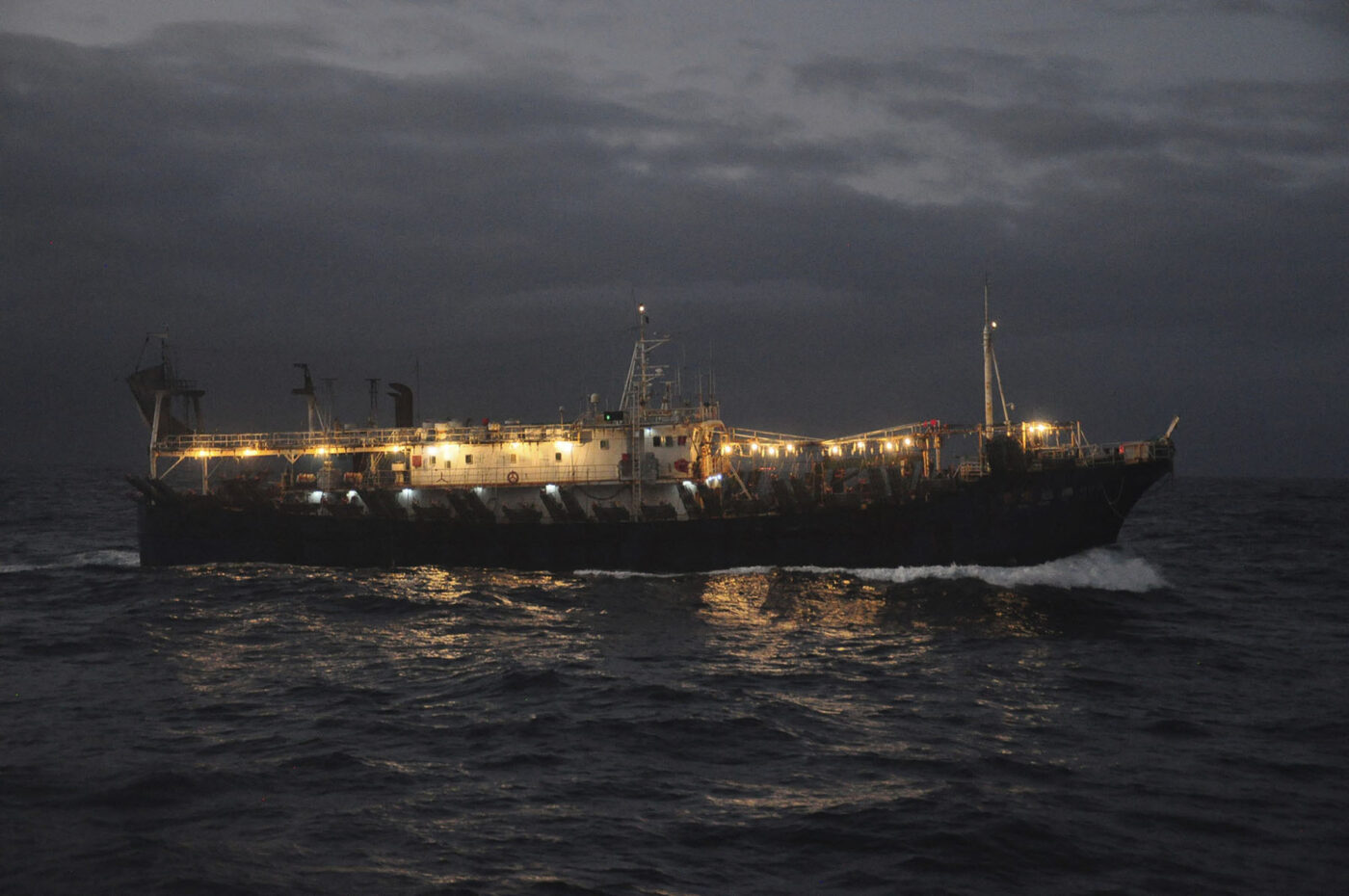
For years scientists and policymakers have voiced concerns about the decline of global squid stocks and called for increased governance. I co-authored a paper published on March 10 in the journal Science Advances, as part of a research partnership with the University of California, Santa Cruz, the Australian National Centre for Ocean Resources and Security, and the Japan Fisheries Research and Education Agency, which reinforces these concerns. We found fisheries are largely operating in—and expanding into—unregulated regions.
We monitored the activities of the global squid fleets from 2017 to 2020 by overlaying automatic information system (AIS) tracking data with visible infrared imaging radiometer suite (VIIRS) data that can detect the array of bright lights these vessels use to lure the cephalopods to the surface where they can be caught with barbed lures. These lights are so intense that they’re clearly visible in satellite images of the Earth taken from space.
In 2020, we found that across the global ocean light-luring squid boats, most of which belong to the distant-water fleets of major fishing nations, worked a combined 251,000 “vessel days” annually. These units of effort track the number of days vessels are active in a region and net out to some 685 years’ worth of around-the-clock activity. Those numbers are up 68 percent from the 149,000 vessel days fished in 2017.
Our work identified that much of global squid fishing—86 percent of that visible using AIS and VIIRS—occurs in unregulated areas or unregulated fish stocks, with few limits on the number of vessels that can participate in the fishery or how much squid they catch. We also quantified how highly mobile these vessels are often traveling vast distances to fish in multiple regions every year.
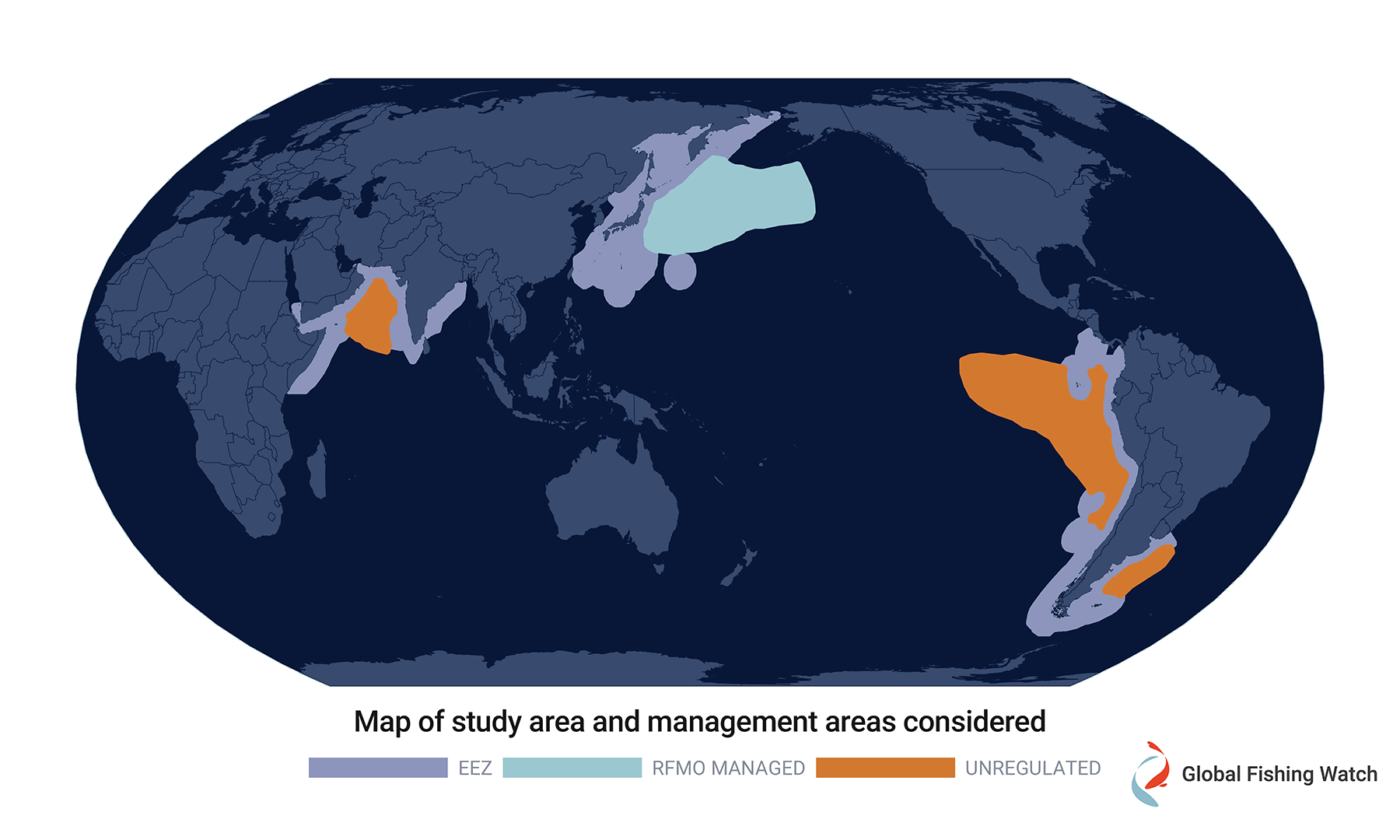
Unregulated fishing of any species presents several challenges. First, a fundamental assumption is that effective resource management requires clear rules and open communication between all members of the fishery. If such controls and discussion are absent, individuals may be incentivized to overexploit the resource and minimally invest in its maintenance. Second, unregulated spaces are often directly adjacent to regulated ones—like coastal States’ exclusive economic zones—and, because marine life moves freely across those boundaries, fishers in small artisanal boats often end up competing with industrial-sized vessels. This creates substantial equity considerations for traditional and small-scale fishers who rely on species targeted by industrial fleets and for developing coastal States that depend on revenue from stocks that shift between regulated and unregulated areas (for example stocks of Argentine shortfin squid for revenue in Argentina and jumbo flying squid for Peru and Ecuador). Lastly, unregulated fishing is subject to considerably less scrutiny than regulated activities, and as such, is more likely to be associated with human rights violations and questionable labor practices.
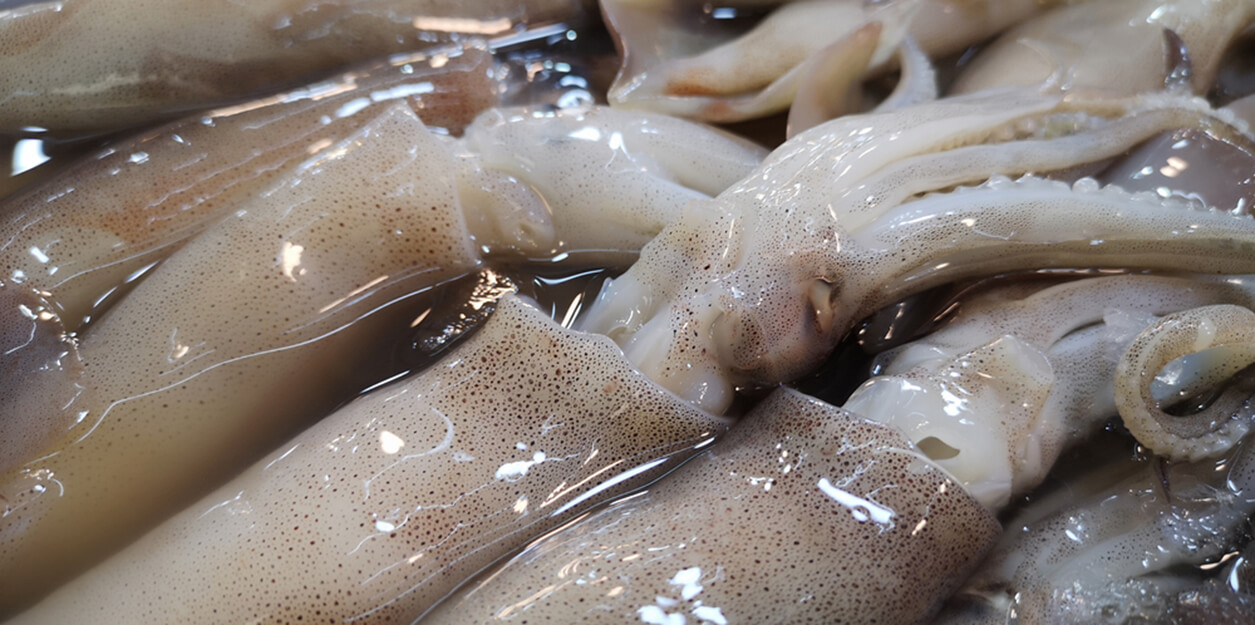
Our findings come at a worrying time: There is global and regional evidence that squid populations are declining, including in the southwest Atlantic Ocean off Argentina, the Pacific Ocean around the Galapagos Islands, and the northwest Indian Ocean, outside the waters of Oman and Yemen. And while many other commercial fish stocks face ever-mounting pressure from a growing industrial fishing fleet, along with threats to habitat from pollution, climate change and coastal development, many of those stocks are regulated—meaning their long-term sustainability is monitored and adjustments to catch limits and other policies can be made when the data show action is needed.
Less so with squid. Most of the squid fishing covered in the study occurred in international waters, beyond national jurisdictions. That in itself isn’t unusual; much commercial fishing transpires in international waters, most of which are overseen by regional fisheries management organizations (RFMOs). These bodies’ member States meet at least annually to set fishing seasons, catch limits and other policies intended to guarantee the fisheries will remain sustainable far into the future.
Generally, few RFMOs consider squid species within their mandate and those that do have been slow to adopt management policies that regulate fishing effort for squid, such as limits on vessel numbers and total catch limits. Our findings suggest that fishing fleets may be exploiting this fact, with fishing effort increasing in recent years in unregulated regions and remaining static in regulated ones.
There are indications that policymakers agree that changes are needed: In February the South Pacific Regional Fisheries Management Organization (SPRFMO) adopted effort limits for the squid fishery. These limits can manifest in a variety of ways—for example, the capacity of the vessels, catch limits, or other factors that affect fishing efficiency. The SPRFMO will be limiting the number of vessels and size of the vessels in the fishery. This measure will take effect this June.
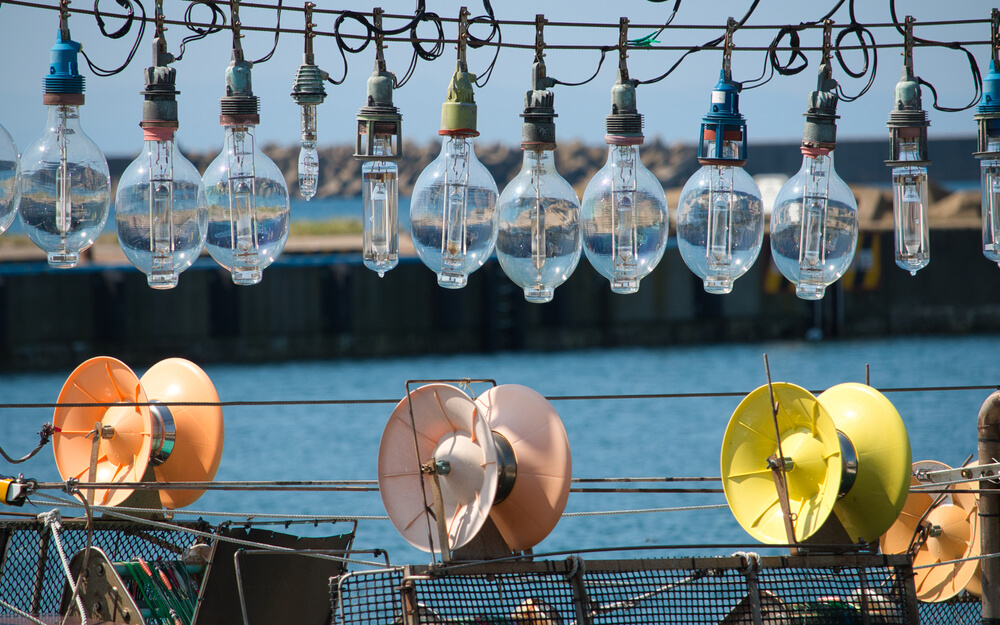
Fisheries like the global light luring squid fishery are truly globalized and require an international approach to governance, though not necessarily global institutions. In some cases this may require new or expanded RFMO institutions or the strengthening of regulations within existing RFMOs. In all cases it will require greater cooperation between existing governance structures, the incorporation of the best fisheries science and increased cooperation.
Ensuring that management measures are compatible across jurisdictional boundaries and developing comprehensive data sharing agreements between management entities are essential to ensure that vessels are not able to simply shift locations and target areas with fragmented or missing regulations. Ultimately, successful governance of these unregulated or poorly managed fisheries will likely call upon cooperation not only between regional and national governments but also scientific, nonprofit and civil society institutions.
Nate Miller is the head of applied research at Global Fishing Watch.
